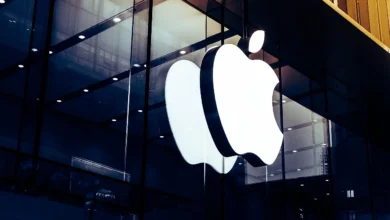
Apple Inc’s has showcased its dependence on China, the company’s supply chain data shows, raising the stakes for the iPhone maker as U.S. President Donald Trump wages a trade war and promises more tariffs.
Apple faces levies of 15% imposed by Trump’s administration on major products made in China such as smartwatches and wireless headphones on Sept. 1, with a tariff on its biggest seller, the iPhone, to take effect on Dec. 15.
Few American firms are as tightly bound to Asia’s largest economy as Apple. Contract factories owned by Hon Hai Precision Industry Co Ltd’s Foxconn, Pegatron Corp, Wistron Corp and others employ hundreds of thousands of workers to assemble Apple devices.
In recent years, Apple’s contract manufacturers have expanded into other countries. India, for example, had no Apple contract manufacturer locations in 2015 but expanded to three assembly facilities by 2019, including a factory owned by Foxconn, which plans to make models from the iPhone X family of devices, Reuters reported last year
Apple taps the India operations to avoid steep import duties on iPhones in one of the last fast-growing mobile phone markets on the planet, similar to Apple and Foxconn’s move to open a production facility in Brazil in 2011.
But the factories outside China are smaller and, in the case of India and Brazil, Apple only uses them to meet domestic demand. Apple’s contract factories inside China, meanwhile, have added far more locations than outside, with Foxconn alone expanding from 19 locations in 2015 to 29 in 2019 and Pegatron going from eight to 12, according to Apple’s data. The new locations come as Apple has added watches, smart speakers and wireless headphones to its product lineup.





